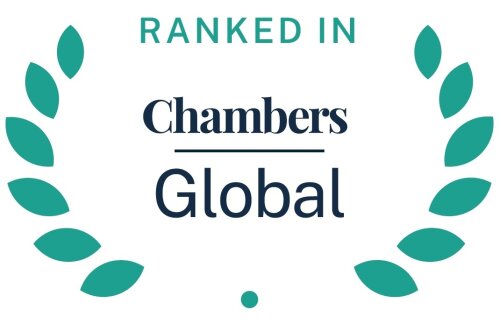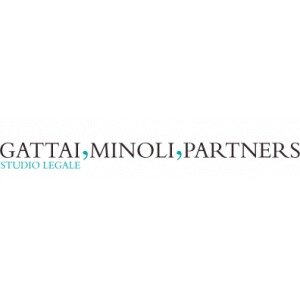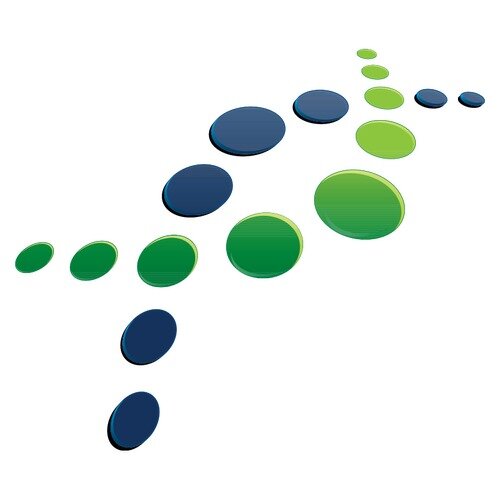Best Water Law Lawyers in Italy
Share your needs with us, get contacted by law firms.
Free. Takes 2 min.
Or refine your search by selecting a city:
List of the best lawyers in Italy
About Water Law in Italy
Water Law in Italy refers to the legal frameworks that govern the use, management, protection, and distribution of water resources throughout the country. These laws cover surface waters such as rivers and lakes, groundwater, and other water bodies. The main aim is to balance the needs of citizens, agriculture, industry, and environmental protection while ensuring sustainable use of water resources. Italy’s approach follows both national legislation and, in many cases, European Union directives, making it a complex but essential field of law.
Why You May Need a Lawyer
There are several situations where individuals, businesses, or organizations may need legal assistance related to water law in Italy. Some common scenarios include:
- Disputes over water usage rights or access between neighbors, landowners, or businesses
- Licensing or regulatory requirements for extracting water for agricultural, industrial, or commercial purposes
- Conflicts related to water pollution or contamination, and holding parties liable for environmental damage
- Infrastructure projects such as wells, irrigation systems, or hydropower developments that require permits and environmental assessments
- Navigating restrictions during droughts or water scarcity periods
- Legal issues involving communal water sources such as springs, rivers, or shared wells
- Ensuring compliance with EU directives and national or regional regulations
A lawyer specializing in water law can help clarify your legal position, safeguard your interests, manage formalities, and represent you in negotiations or legal proceedings.
Local Laws Overview
Italy’s water law is rooted in the concept that all waters are part of the public domain, regulated under the main legal sources such as the Italian Civil Code, the Environmental Code (Legislative Decree 152/2006), and various regional laws. Key aspects include:
- Public Ownership: All water resources are considered public. Use or extraction generally requires authorization from competent authorities.
- Licenses and Concessions: Any substantial water withdrawal, especially for non-domestic purposes, is subject to a licensing system. Temporary or permanent concessions are issued by local or regional authorities.
- Environmental Protection: The law sets limits on water extraction and discharge to protect ecosystems. This includes adherence to water quality standards and conducting Environmental Impact Assessments for larger projects.
- EU Water Framework Directive: Italy implements the principles of the European Union’s Water Framework Directive, focusing on sustainable water management, pollution prevention, and public participation in decision-making.
- Regional Regulations: Each region has additional rules based on local needs such as water allocation plans, drought management measures, and agricultural irrigation policies.
- Water Fees: Users may be subject to charges or fees calculated based on the type and quantity of water used or discharged.
Frequently Asked Questions
What is the legal status of water resources in Italy?
All water resources in Italy, whether surface or underground, are owned by the public and managed in the interest of the community under national and regional laws.
Do I need permission to use water from a river, well, or spring?
Yes, any significant use of water resources, especially for agricultural, industrial, or commercial purposes, requires an authorization or concession from competent local or regional authorities.
Can water rights be transferred or sold?
Water rights are generally not privately owned or transferable but are granted as public concessions for specific uses and durations. Any transfer must be approved by the relevant authority.
What should I do if my neighbor’s activities are polluting water on my property?
You should contact the competent environmental authority and may also seek legal action to stop the pollution and recover damages if applicable.
Which authority issues water use licenses and controls water withdrawals?
Licenses and controls are typically managed by regional and local water authorities or basin agencies, in accordance with national guidelines.
What are the penalties for unauthorized water extraction?
Unauthorized water use can result in administrative fines, orders to cease use, and potentially criminal charges depending on the severity of the infraction or environmental damage caused.
Are there special rules for agricultural water use?
Agricultural use is subject to specific licensing and may benefit from simplified procedures or priority access in some regions, but still requires compliance with local and regional regulations.
How does Italy address droughts or water scarcity?
During periods of drought, authorities can impose temporary restrictions on water use and adjust allocation priorities, usually safeguarding essential supply (drinking water) first.
Does the law address groundwater protection?
Yes, there are rules regulating groundwater extraction, protection of recharge zones, and measures to prevent overexploitation and contamination.
What is the role of the European Union in Italian water law?
Italian law incorporates European directives, most significantly the Water Framework Directive, which sets goals for the protection and sustainable use of water resources across member states.
Additional Resources
If you need more information or support about water law in Italy, the following resources may be helpful:
- The Ministry for the Environment and Energy Security (Ministero dell'Ambiente e della Sicurezza Energetica) - responsible for national policy and implementation of water legislation
- Regional Environmental Protection Agencies (ARPA) - regional bodies that monitor and enforce water regulations
- Autorità di Bacino Distrettuale (District Basin Authorities) - manage water resources at the river basin level
- Consorzi di Bonifica (Land Reclamation Consortia) - local agencies involved in agricultural water management and land drainage
- Chamber of Commerce (Camera di Commercio) - can assist with local water use or business licensing queries
- Professional associations of environmental and water law lawyers
Next Steps
If you believe you need legal assistance regarding water law in Italy, here’s how you can proceed:
- Identify the nature of your issue and gather any relevant documents such as permits, contracts, or correspondence with authorities
- Contact the appropriate authority for initial guidance - this could be your local municipality, regional environmental agency, or basin authority
- Consult with a lawyer who specializes in water or environmental law. An initial consultation can help determine your rights, obligations, and the best path forward
- If legal action is required, your lawyer can assist in preparing documentation, representing you before authorities, and protecting your interests in court if necessary
- Stay informed about local regulations and seek ongoing legal advice if your situation involves complex or evolving issues
Taking these steps will help ensure your use of water resources is both legally compliant and aligned with your objectives.
Lawzana helps you find the best lawyers and law firms in Italy through a curated and pre-screened list of qualified legal professionals. Our platform offers rankings and detailed profiles of attorneys and law firms, allowing you to compare based on practice areas, including Water Law, experience, and client feedback.
Each profile includes a description of the firm's areas of practice, client reviews, team members and partners, year of establishment, spoken languages, office locations, contact information, social media presence, and any published articles or resources. Most firms on our platform speak English and are experienced in both local and international legal matters.
Get a quote from top-rated law firms in Italy — quickly, securely, and without unnecessary hassle.
Disclaimer:
The information provided on this page is for general informational purposes only and does not constitute legal advice. While we strive to ensure the accuracy and relevance of the content, legal information may change over time, and interpretations of the law can vary. You should always consult with a qualified legal professional for advice specific to your situation.
We disclaim all liability for actions taken or not taken based on the content of this page. If you believe any information is incorrect or outdated, please contact us, and we will review and update it where appropriate.
Browse water law law firms by city in Italy
Refine your search by selecting a city.
















